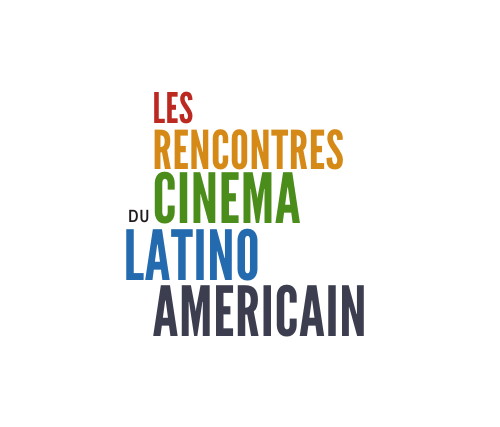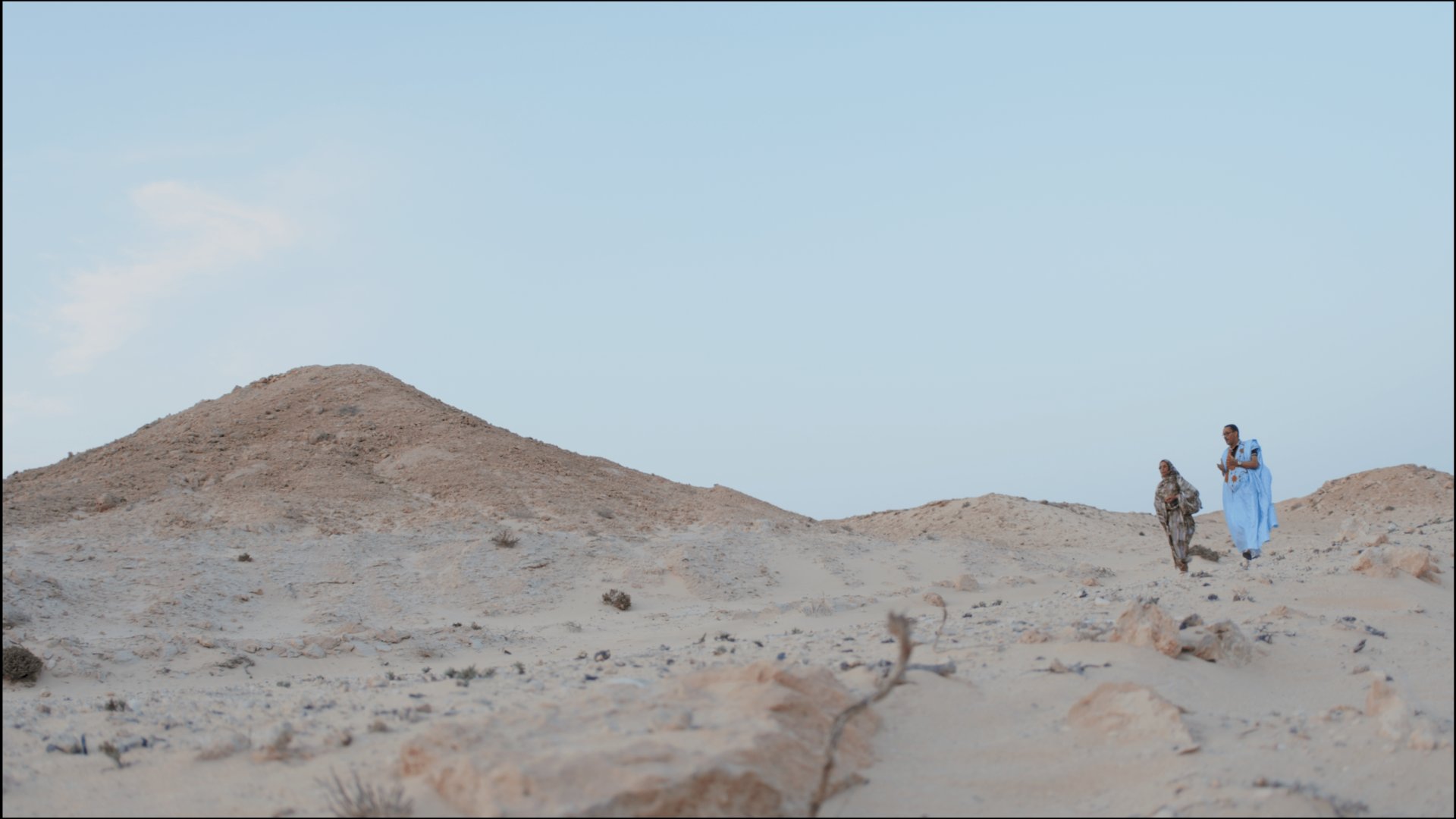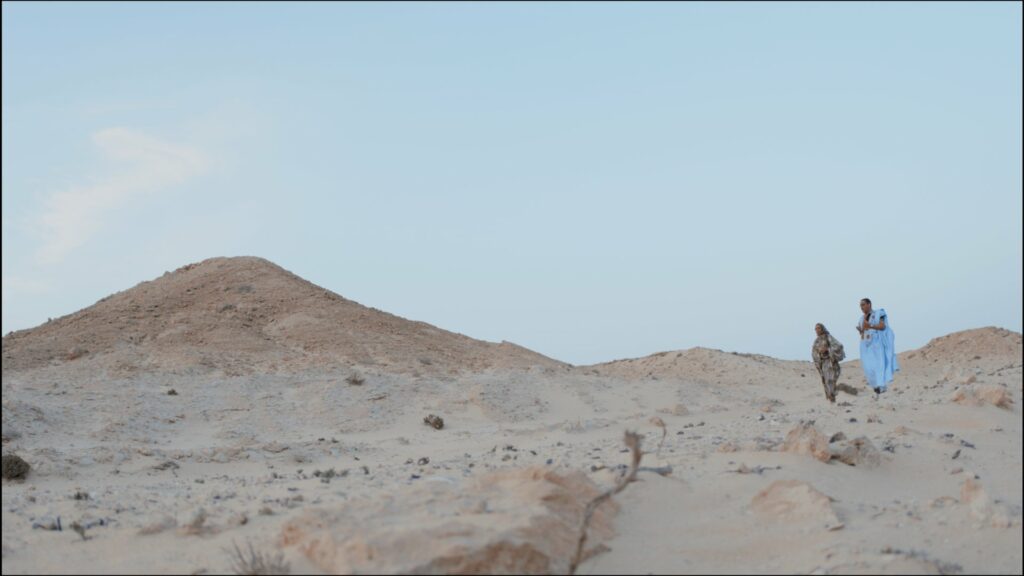
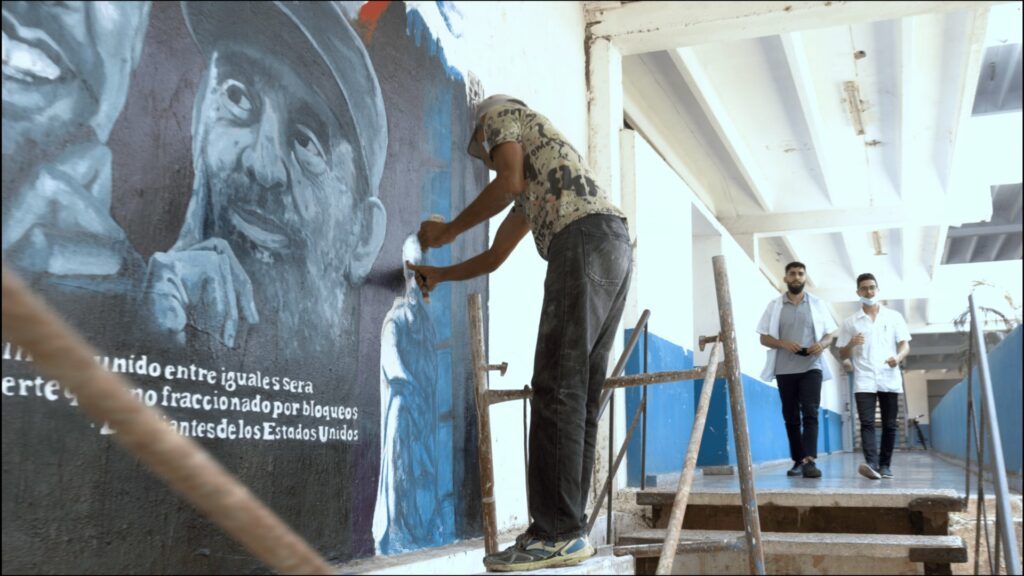
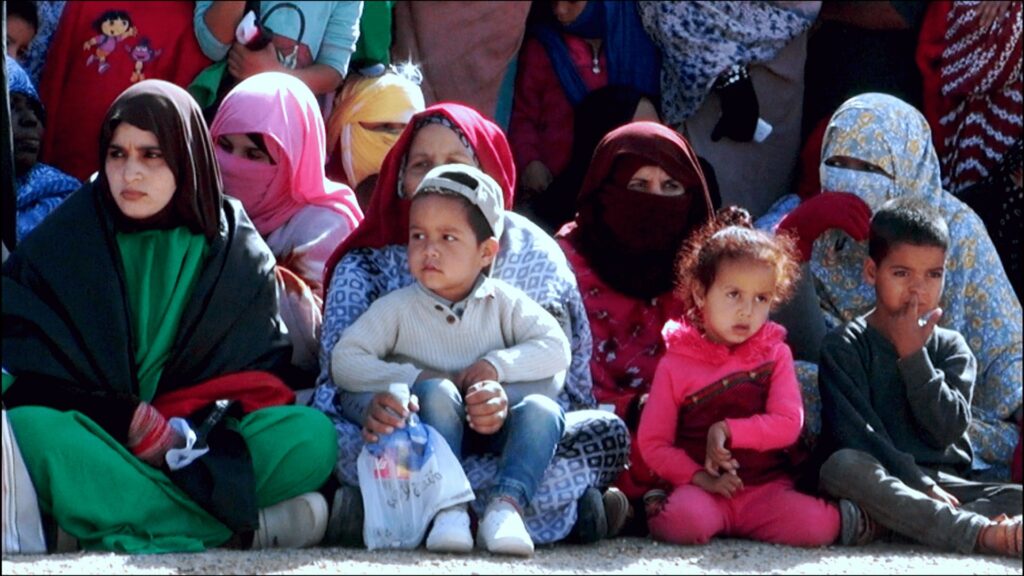
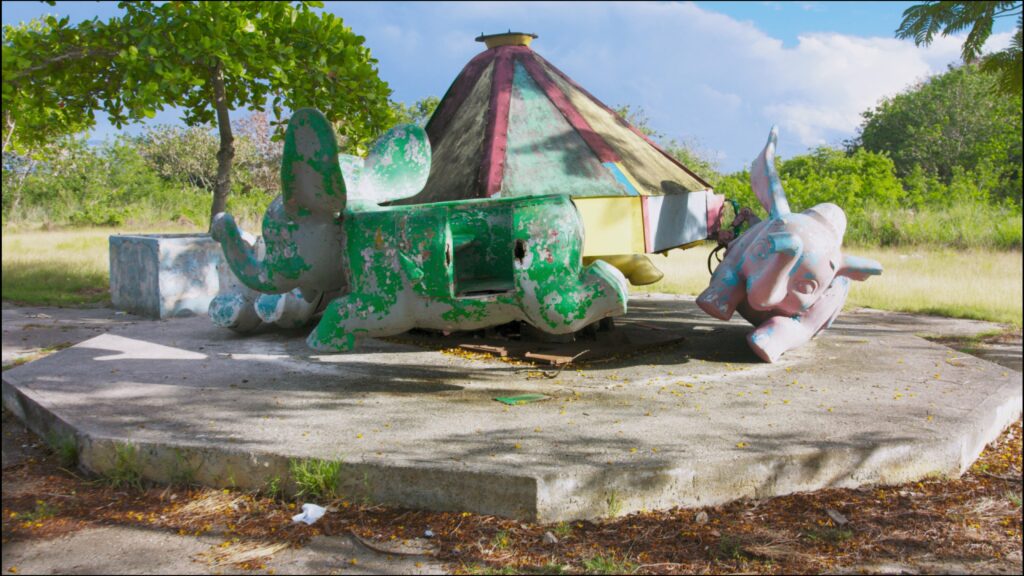
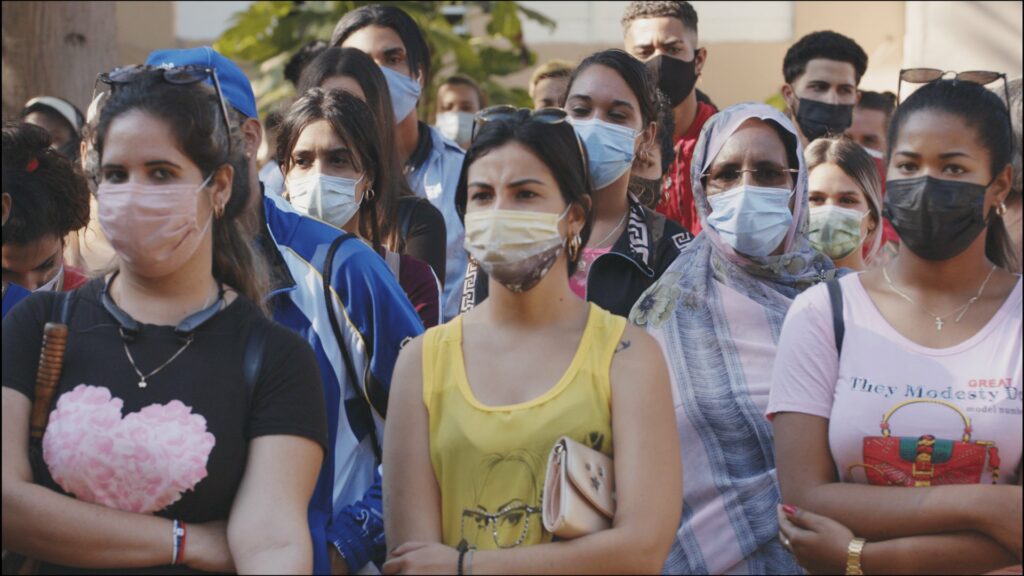
![]() Ever Miranda Palacio
Ever Miranda Palacio
![]() Cuba, Maroc
Cuba, Maroc
![]()
62 min
![]()
2023
Synopsis
Le réalisateur cubain se rend au Sahara Occidental et y trouve un essai chimérique de fondation d’un pays ancré sur les principes du marxisme, ce qui l’amène à se questionner sur l’expérience cubaine et ses souvenirs d’enfance : l’idéal de fonder une société égalitaire. Depuis les années 80 des enfants du Sahara sont envoyés à Cuba pour étudier et devenir l’avant-garde d’une révolution anti-impérialiste africaine, mais une fois revenus au pays, il devient complexe de composer avec l’identité berbère, les racines et la culture. La migration devient, à nouveau, la seule possibilité pour le futur.
Trailer
Programmation
samedi 23 mars à 15h45 – en présence du réalisateur
Pour aller plus loin
“Maghlaha, Mohamed et Alichej sont nés dans le Sahara, au Maroc ou dans le camp de réfugiés de Tindouf, en Algérie. Très jeunes, ils sont envoyés à Cuba pour étudier et évoluer en tant qu’avant-garde anti-impérialiste d’un pays oublié dans les affres de la Guerre Froide.
Cela fait d’eux des Cubaraouis. Mais, qu’est-ce que cela veut réellement dire ? Dans quelle mesure l’identité est-elle déterminée par le pays de naissance ?
Les Cubaraouis réfléchissent à la mémoire et l’identité, en s’interrogeant sur ce qui les retient et sur ce qui les lie à un rêve. Certains estiment que leur enfance leur a été volée, tandis que d’autres revendiquent leur statut d’héritiers inconsolables d’une utopie disparue. Ils affrontent la vie entre différentes cultures et portent le poids, les blessures d’un projet utopique et d’un conflit ouvert “oublié”.
Un portrait révélateur qui explore l’ambiguïté d’une population qui a été forcée à participer à la quête d’un pays chimérique.
Raconté du point de vue du réalisateur cubain, ce film est un miroir qui remet également en question la réalité du rêve du “nouvel homme” qui persiste à Cuba ainsi que son expérience personnelle d’exil.
Le film témoigne de la douleur de l’exil, de la plasticité de l’identité et des grands changements du siècle dernier, et met en lumière une réalité humaine ignorée depuis trop longtemps.”
[ANG]
“Maghlaha, Mohamed and Alichej were born in the Sahara, in Morocco or in the refugee camps of Tindouf (Algeria). At a very young age, they were sent to Cuba to study and grow as an anti-imperialist vanguard of a country forgotten in the maw of the Cold War.
This makes them Cubarawis, but what does this term really mean? To what extent is identity determined by the country of birth?
The Cubarawis reflect on memory and identity, questioning what holds them
back, what ties them to a dream. Some feel that their childhood has been stolen from them, while others claim that they remain the inconsolable heirs of a vanished utopia. They face life between different cultures and bear the weight, the wounds of a utopian project, and of a «forgotten» open conflict.
A revealing portrait that explores the ambiguity of a population that has been forced to participate in the quest for a chimerical country.
Told from the point of view of the Cuban filmmaker, the film is a mirror that also questions the reality of the dream of the «new man» that survives in Cuba and the director’s personal experience of exile.
It testifies to the pain of exile, the plasticity of identity and the great changes of the last century, and sheds light on a human reality ignored for too long.”
Source : Ever Miranda – FILMMAKER AND AUDIOVISUAL PRODUCER (wordpress.com)
